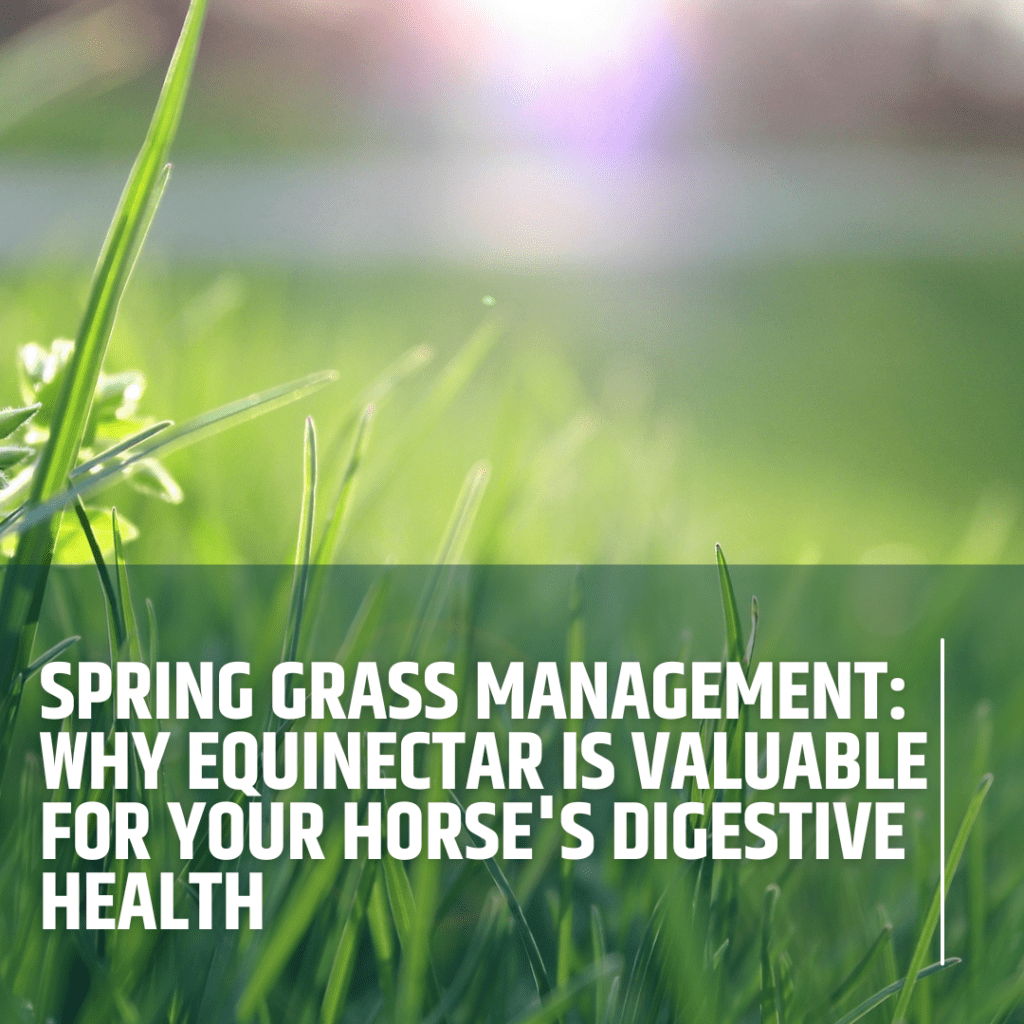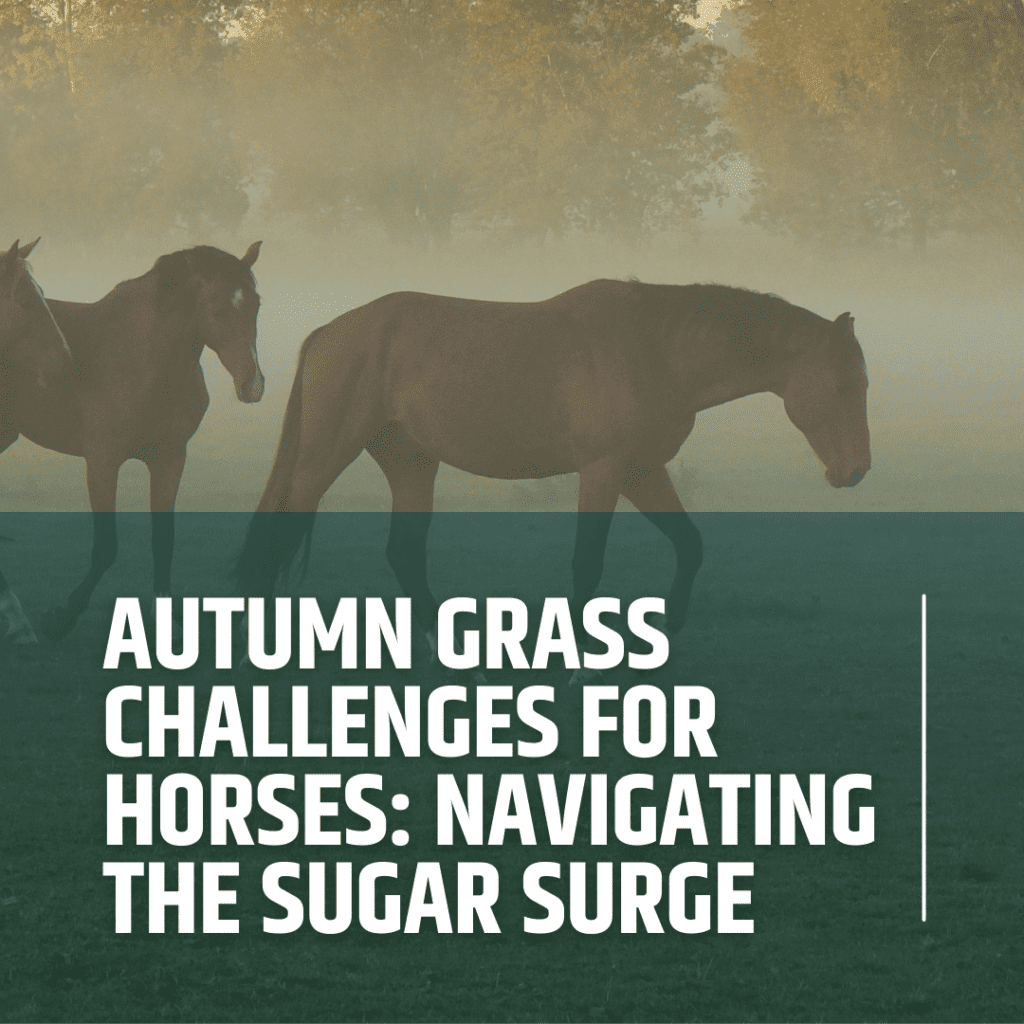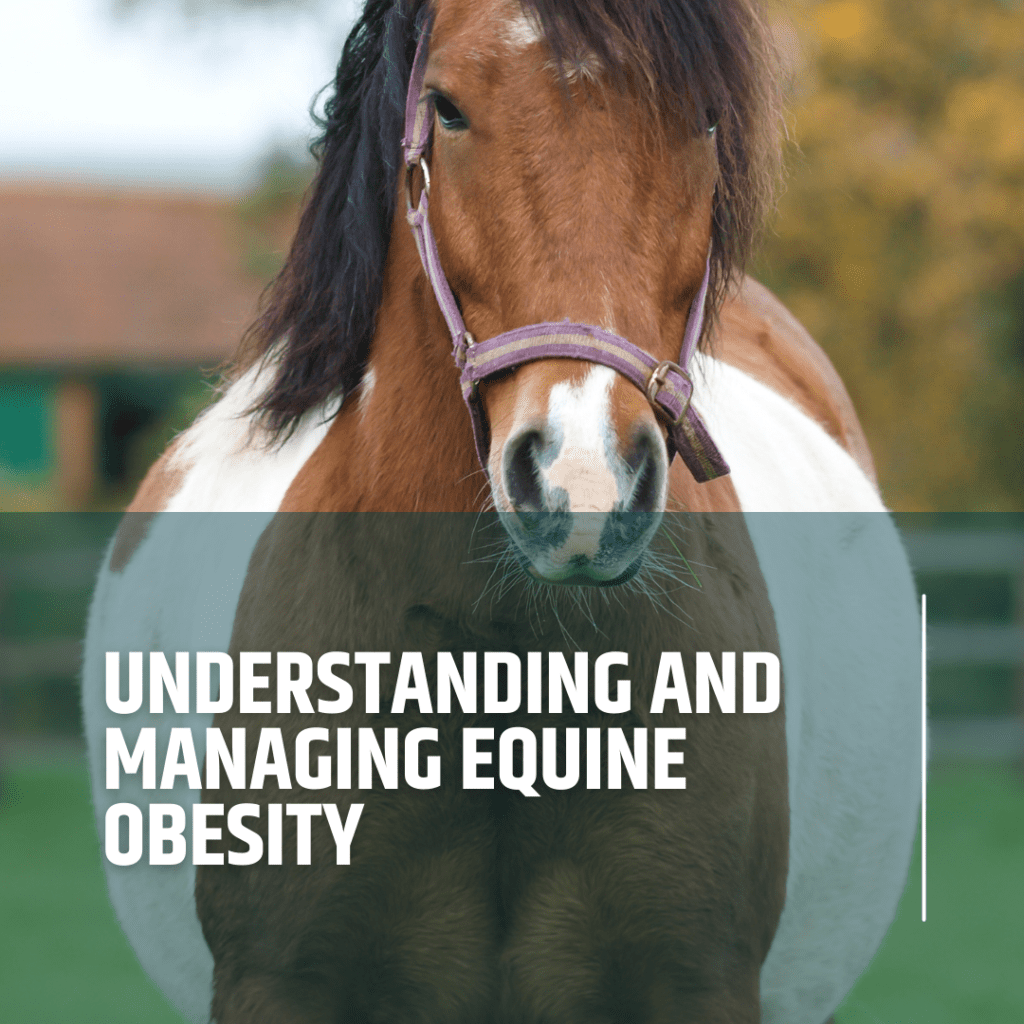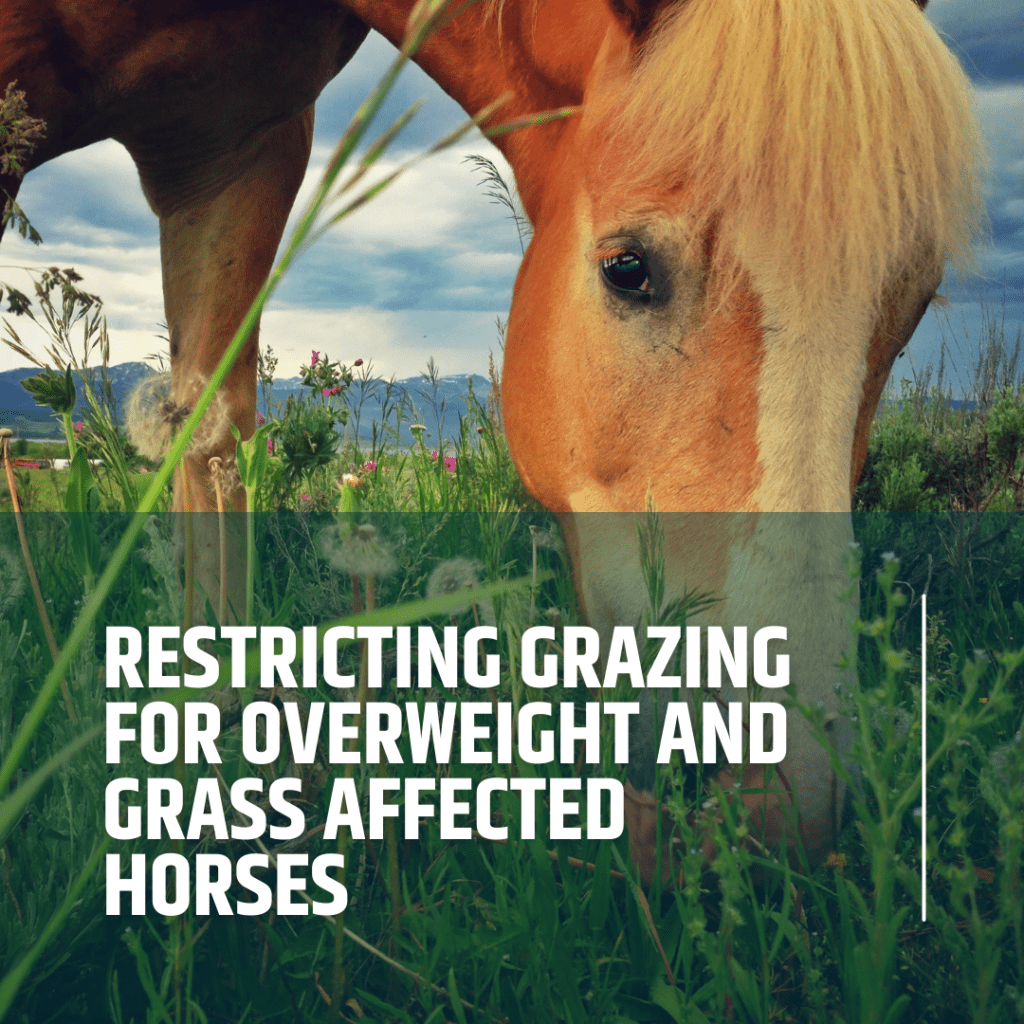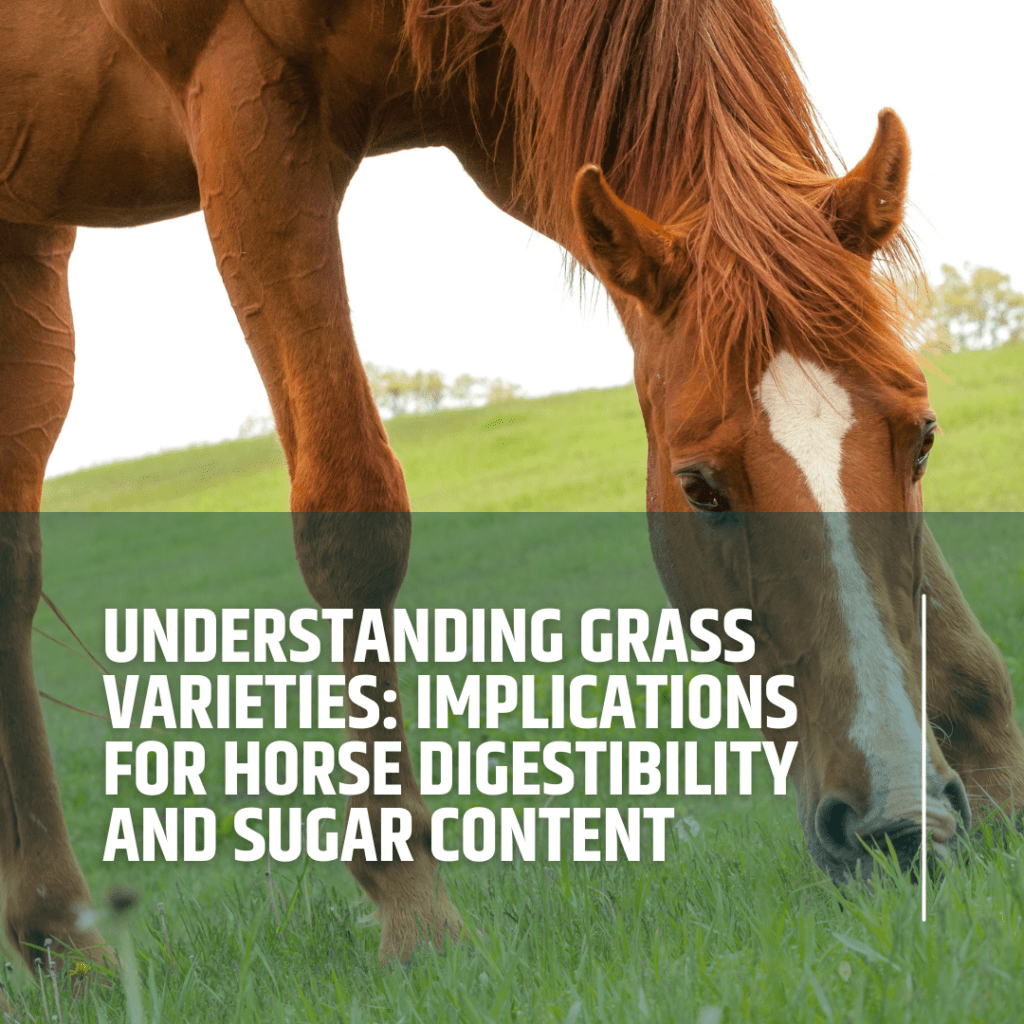Help! My Sweet Horse Has Turned into a Spring Monster!
The sweet companion who normally greets you with gentle nickers is now pinning their ears, swishing their tail, and showing aggressive behaviours that leave you questioning everything you thought you knew about your equine partner.
Help! My Sweet Horse Has Turned into a Spring Monster! Read More »


